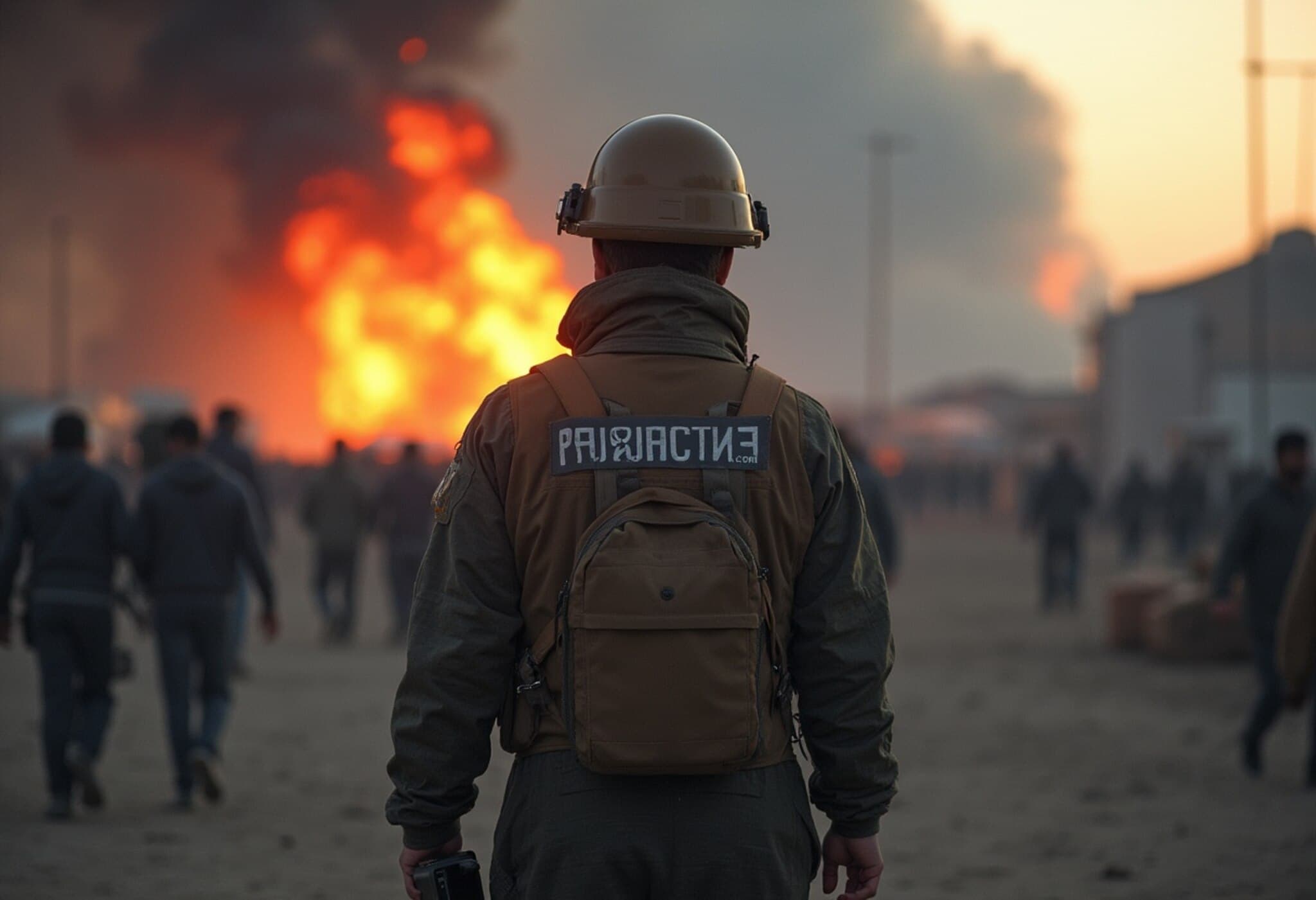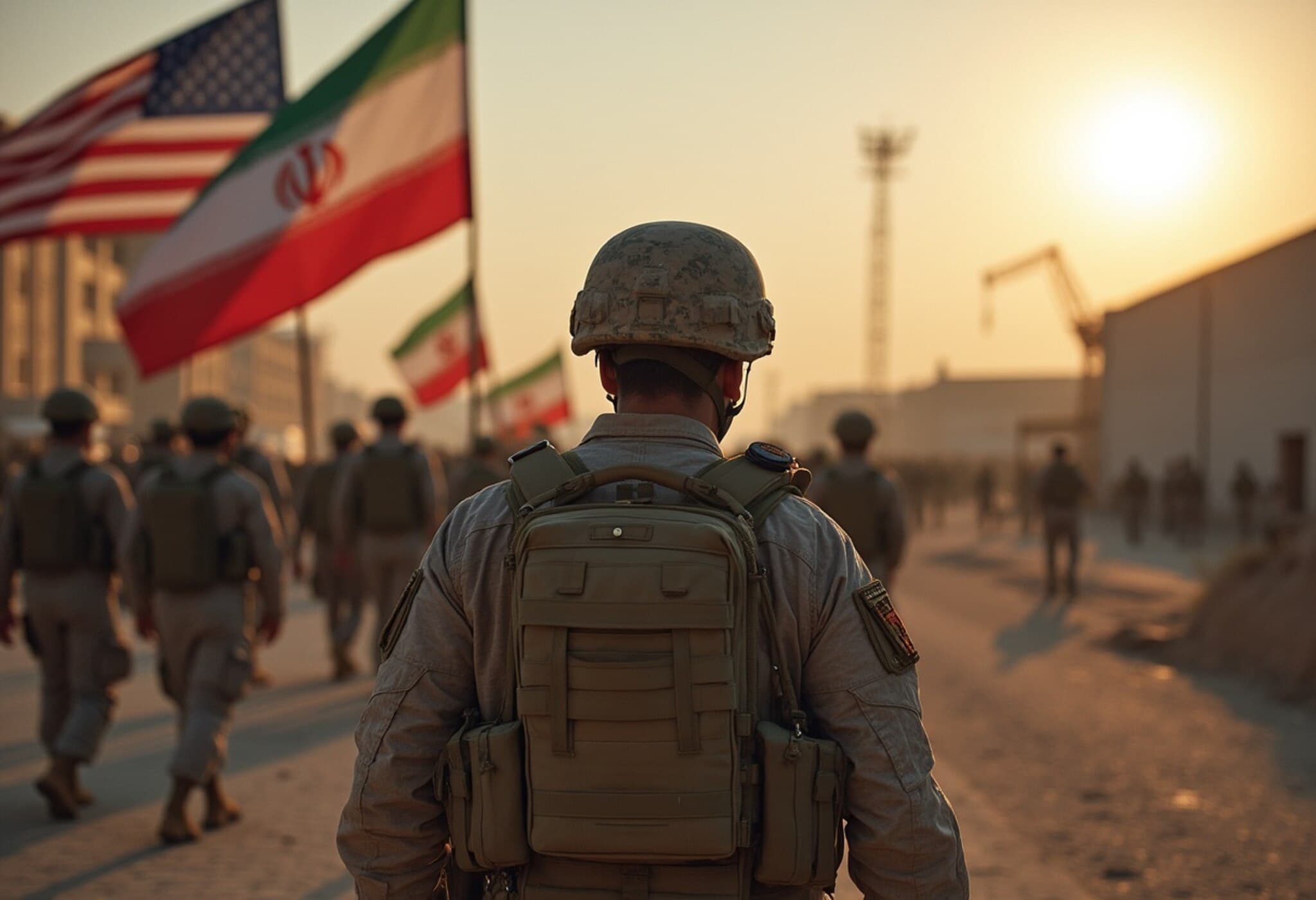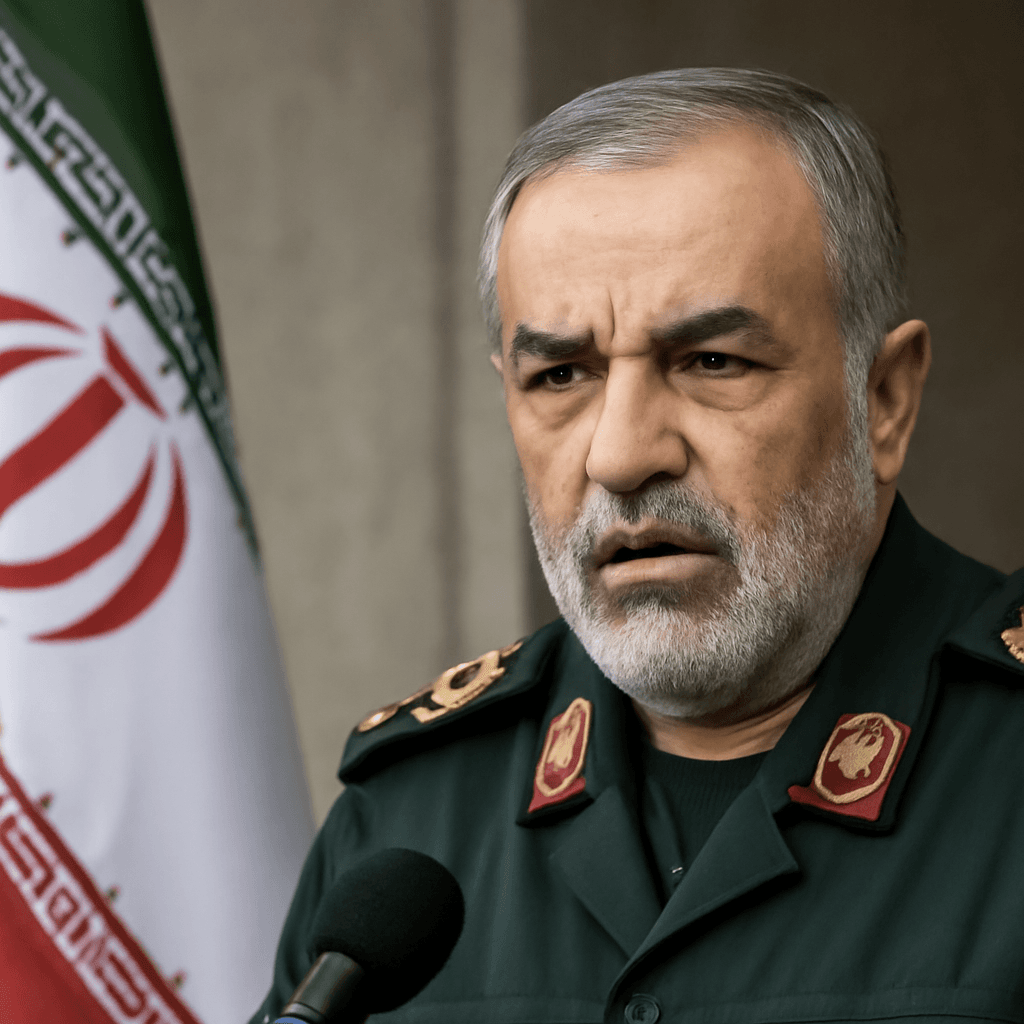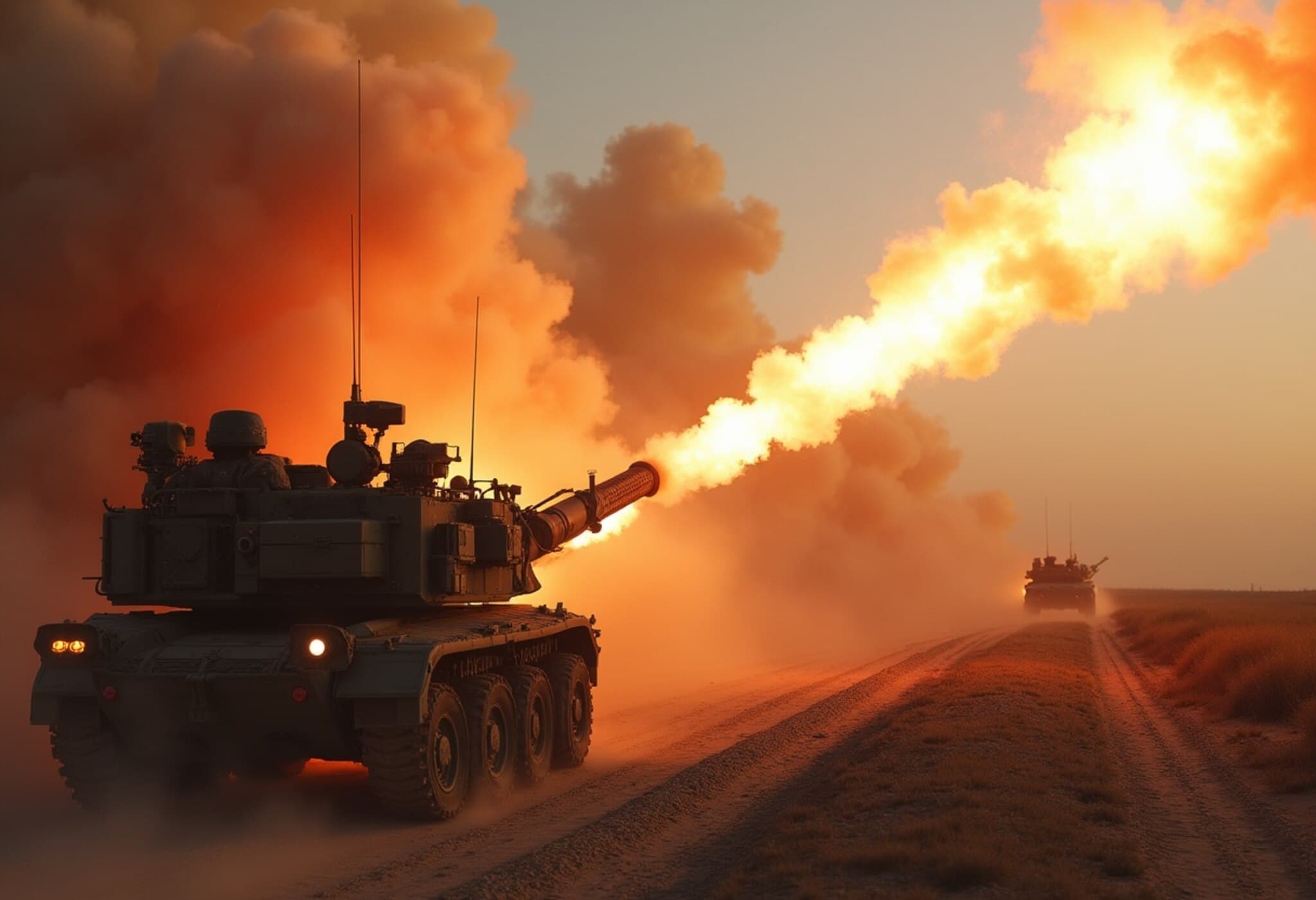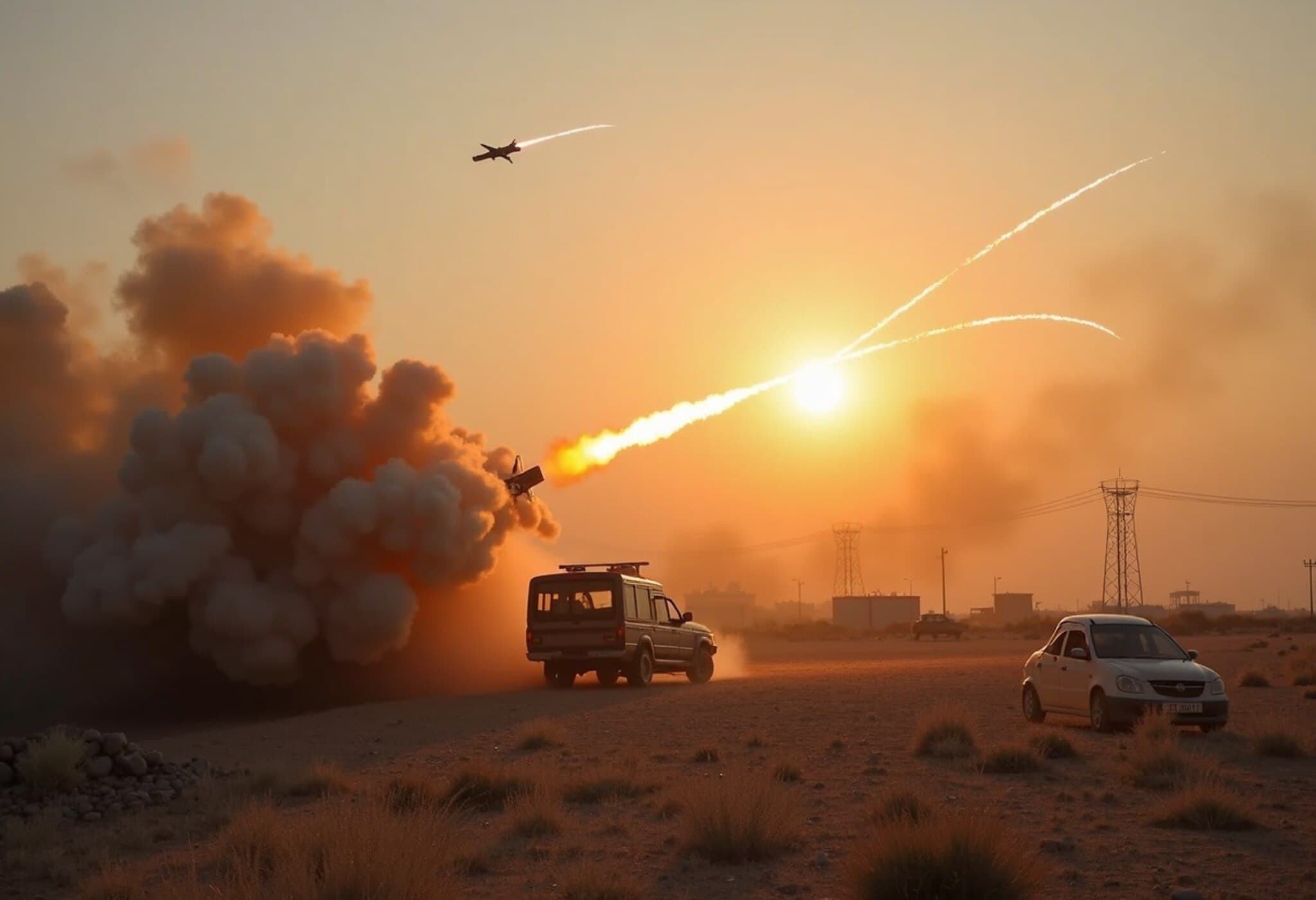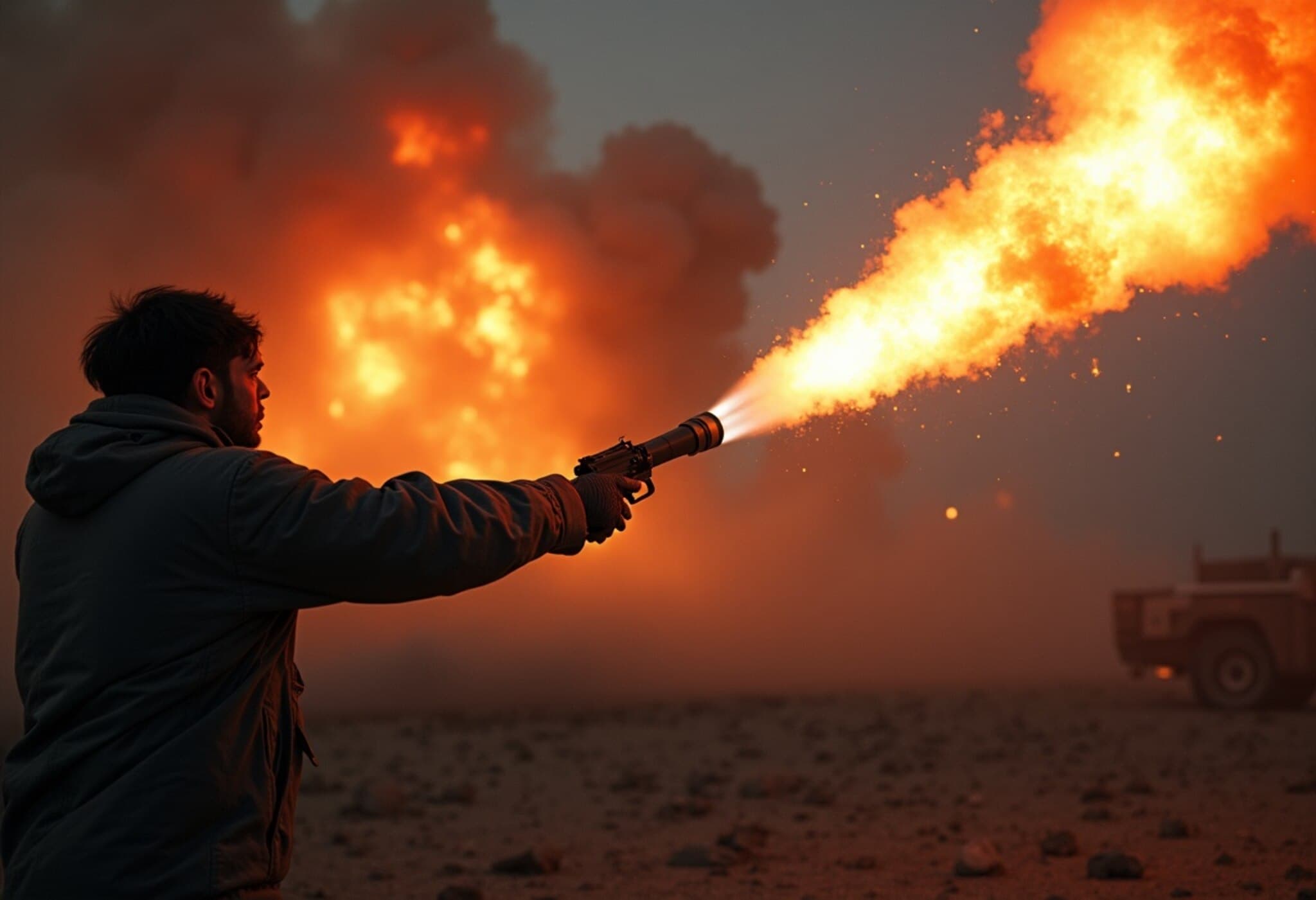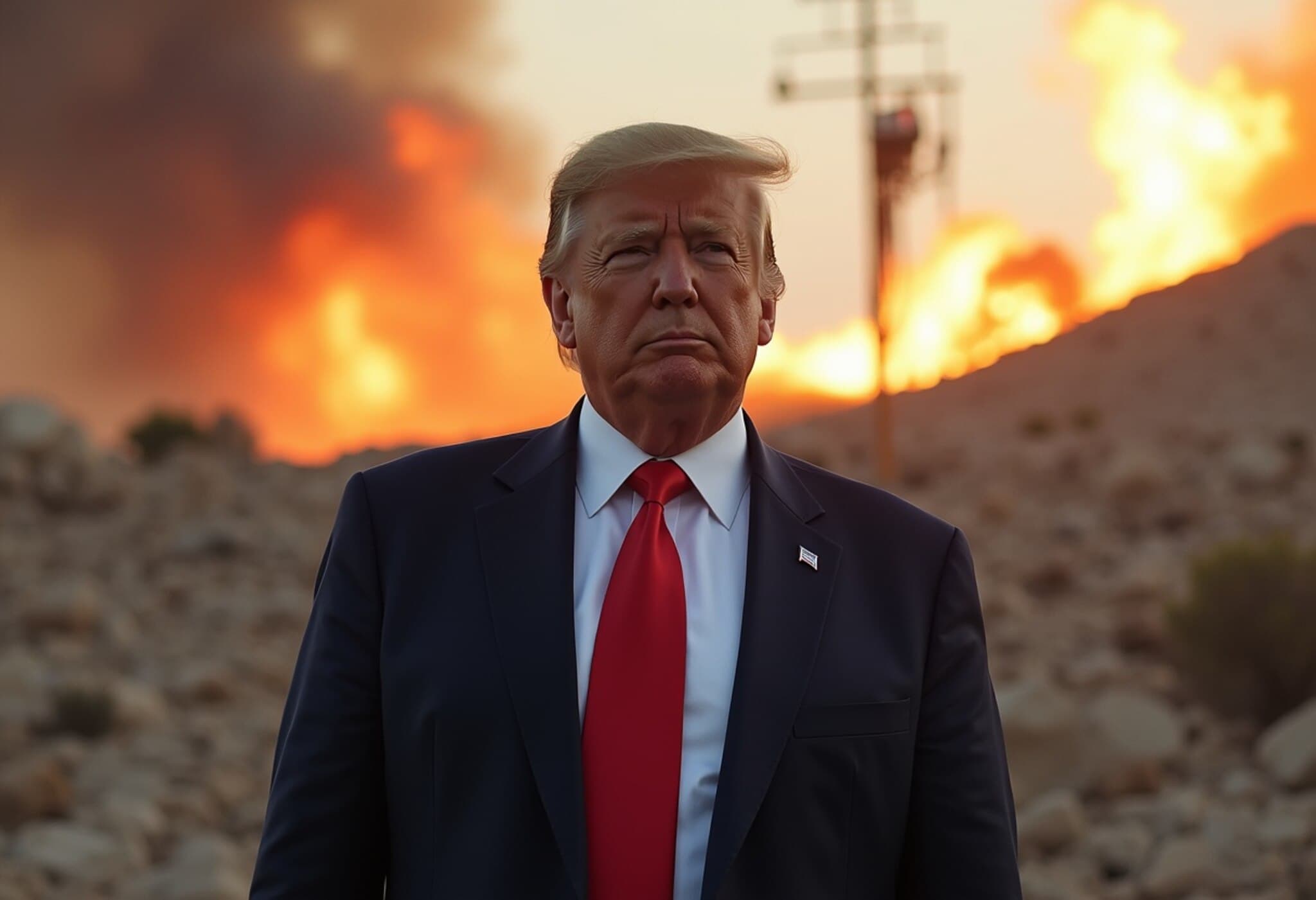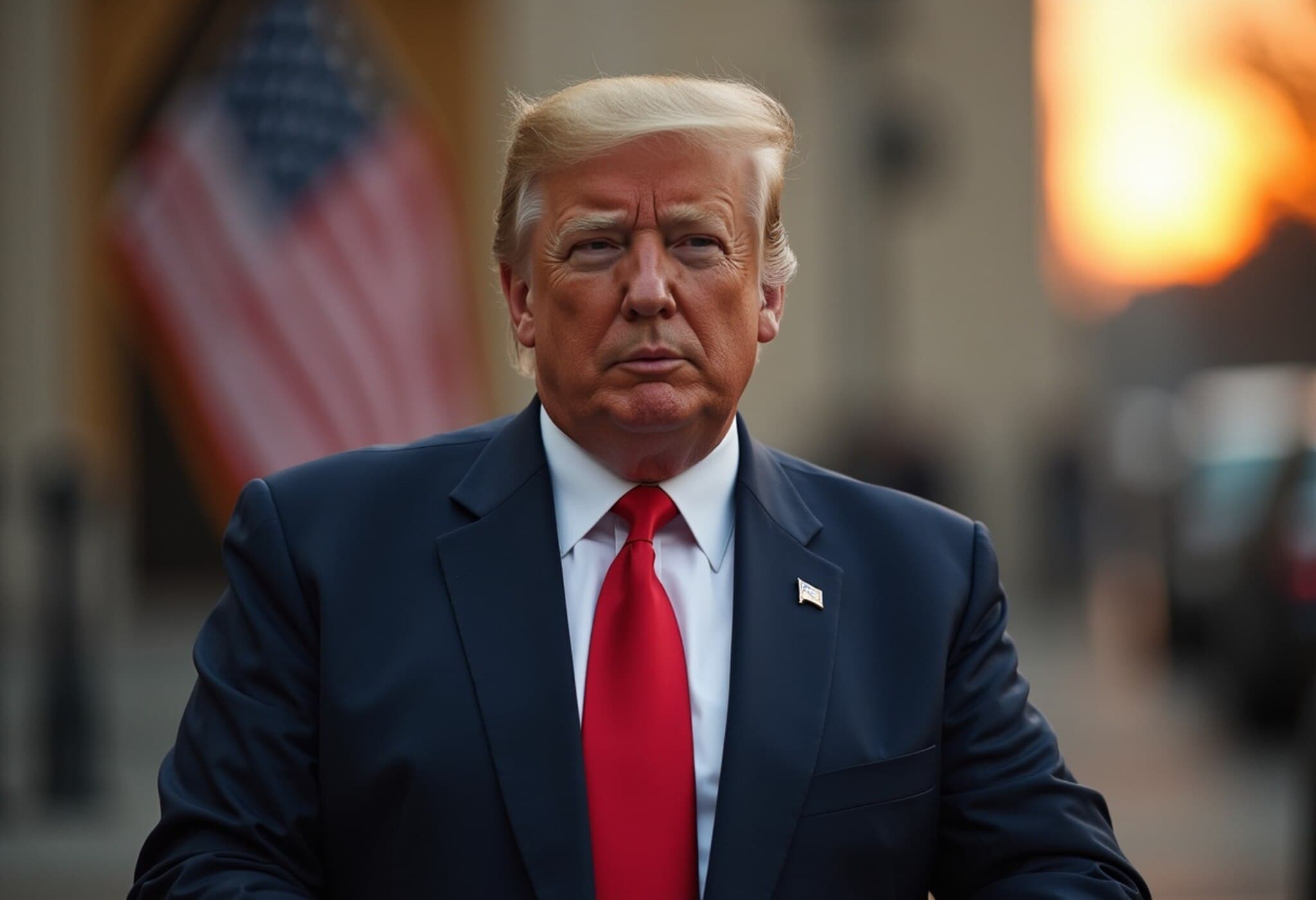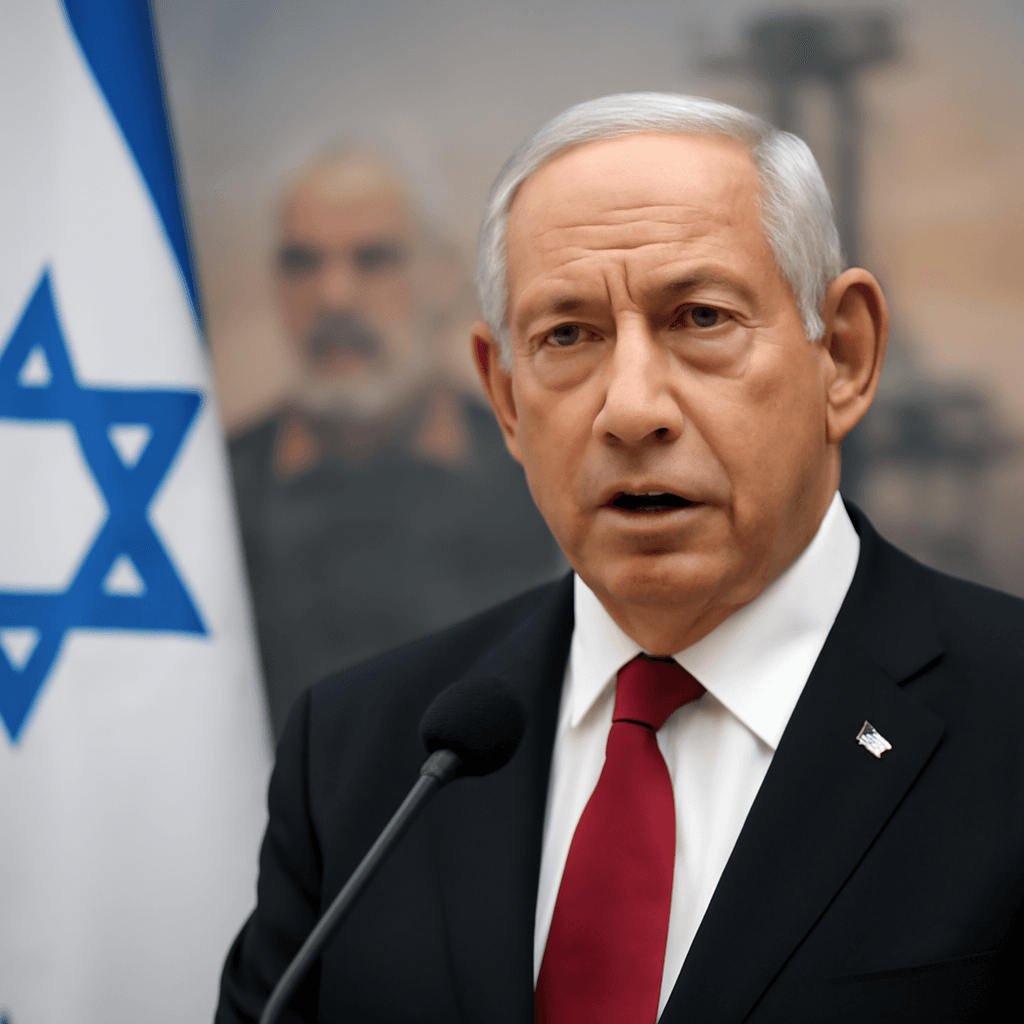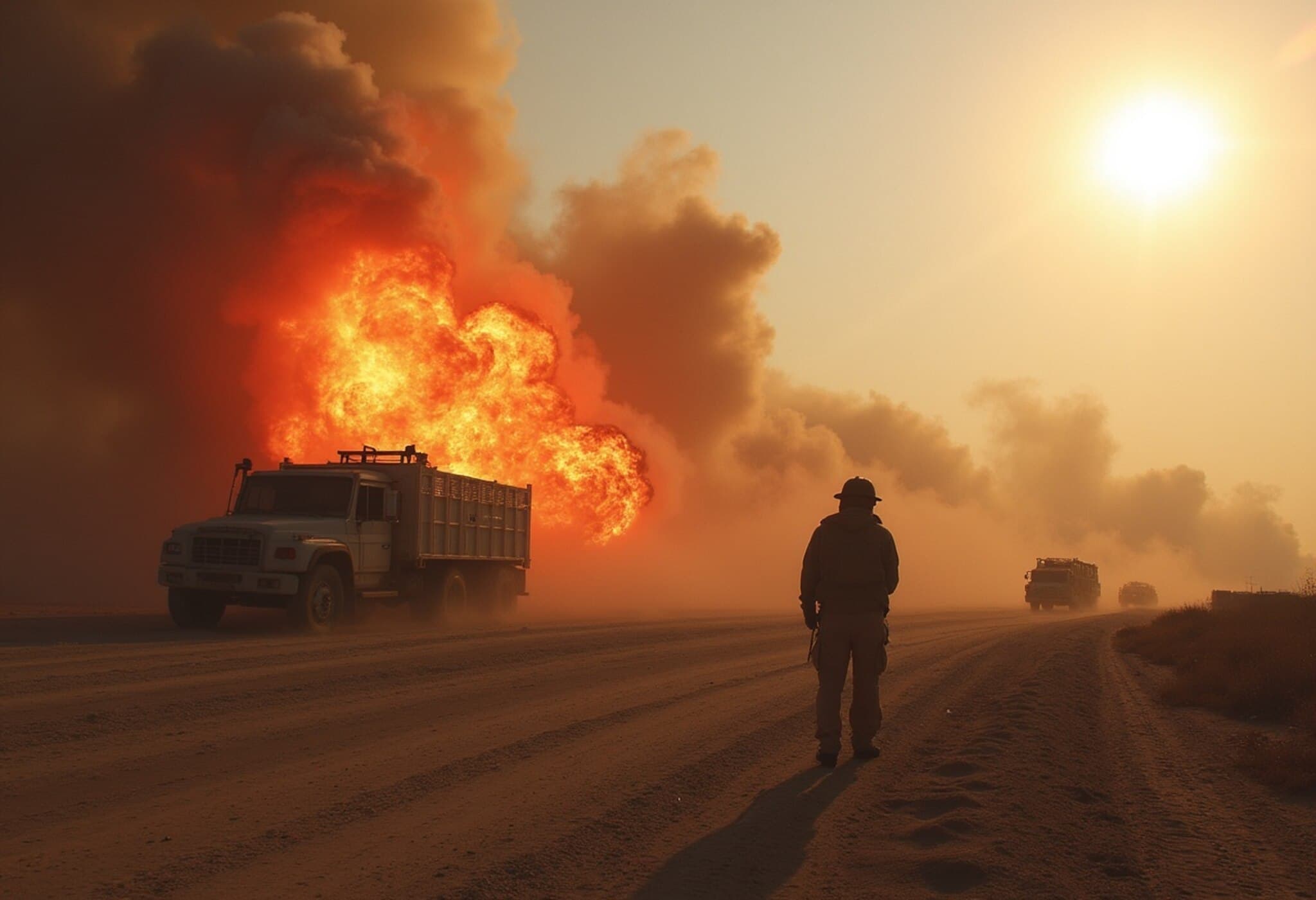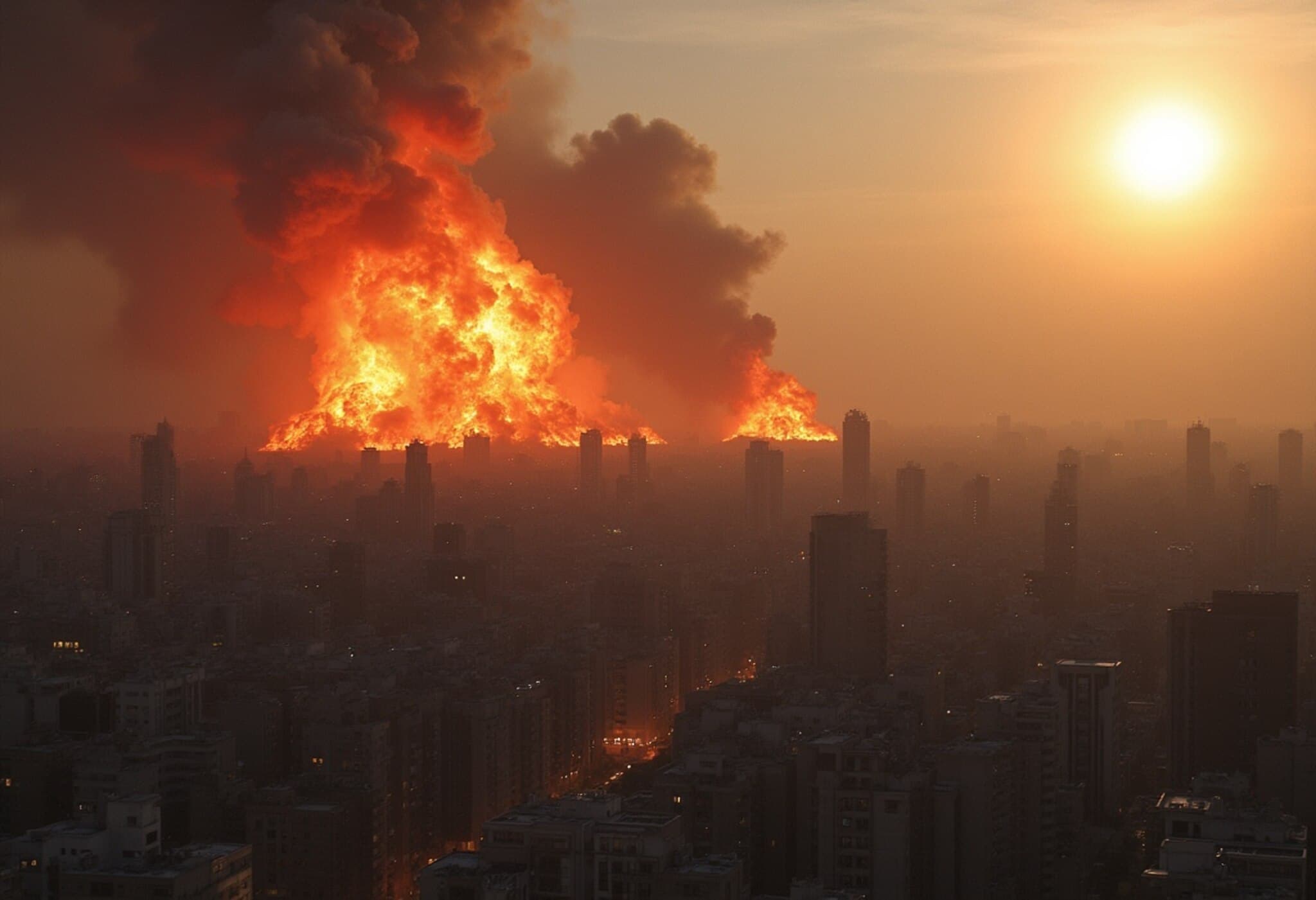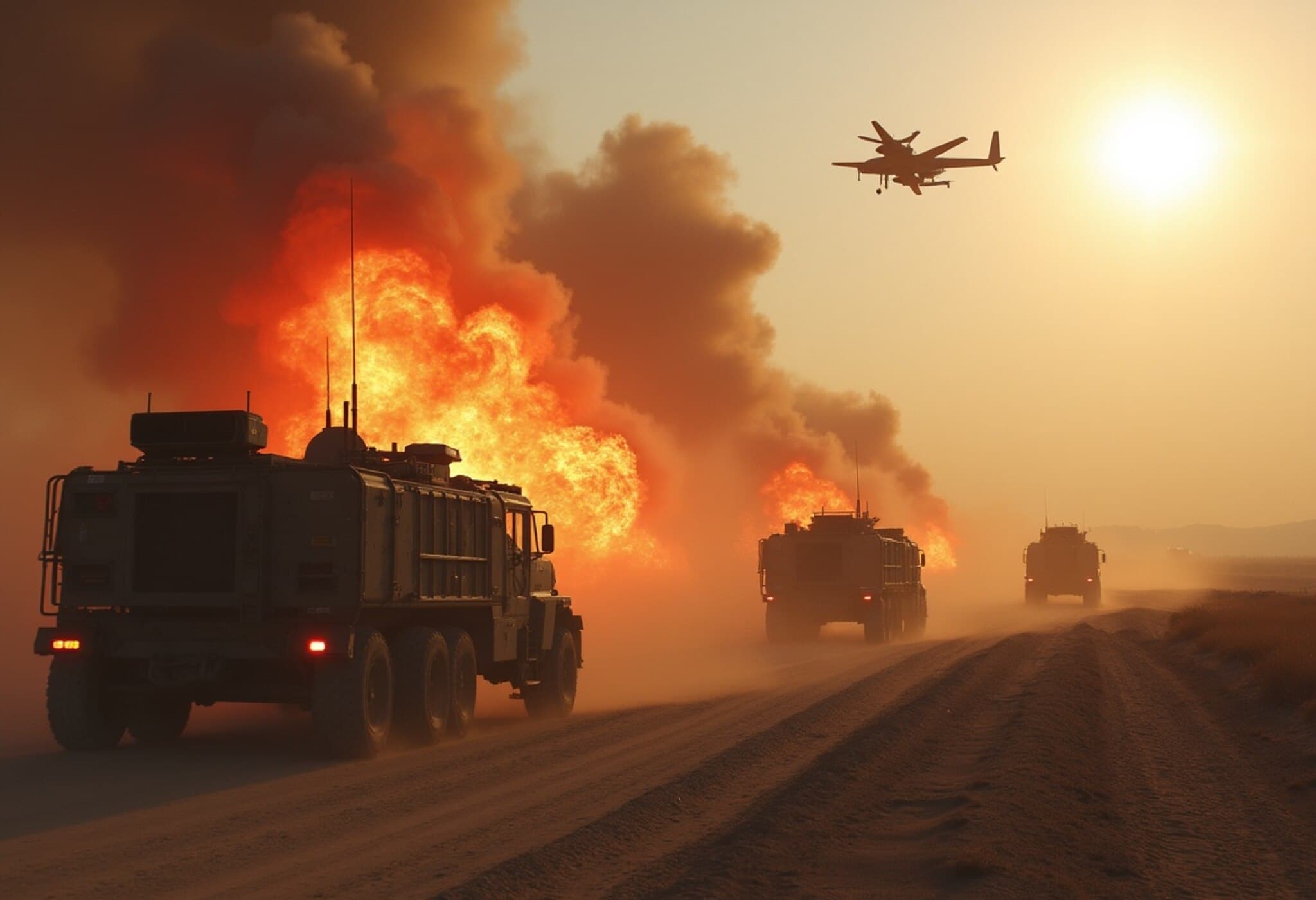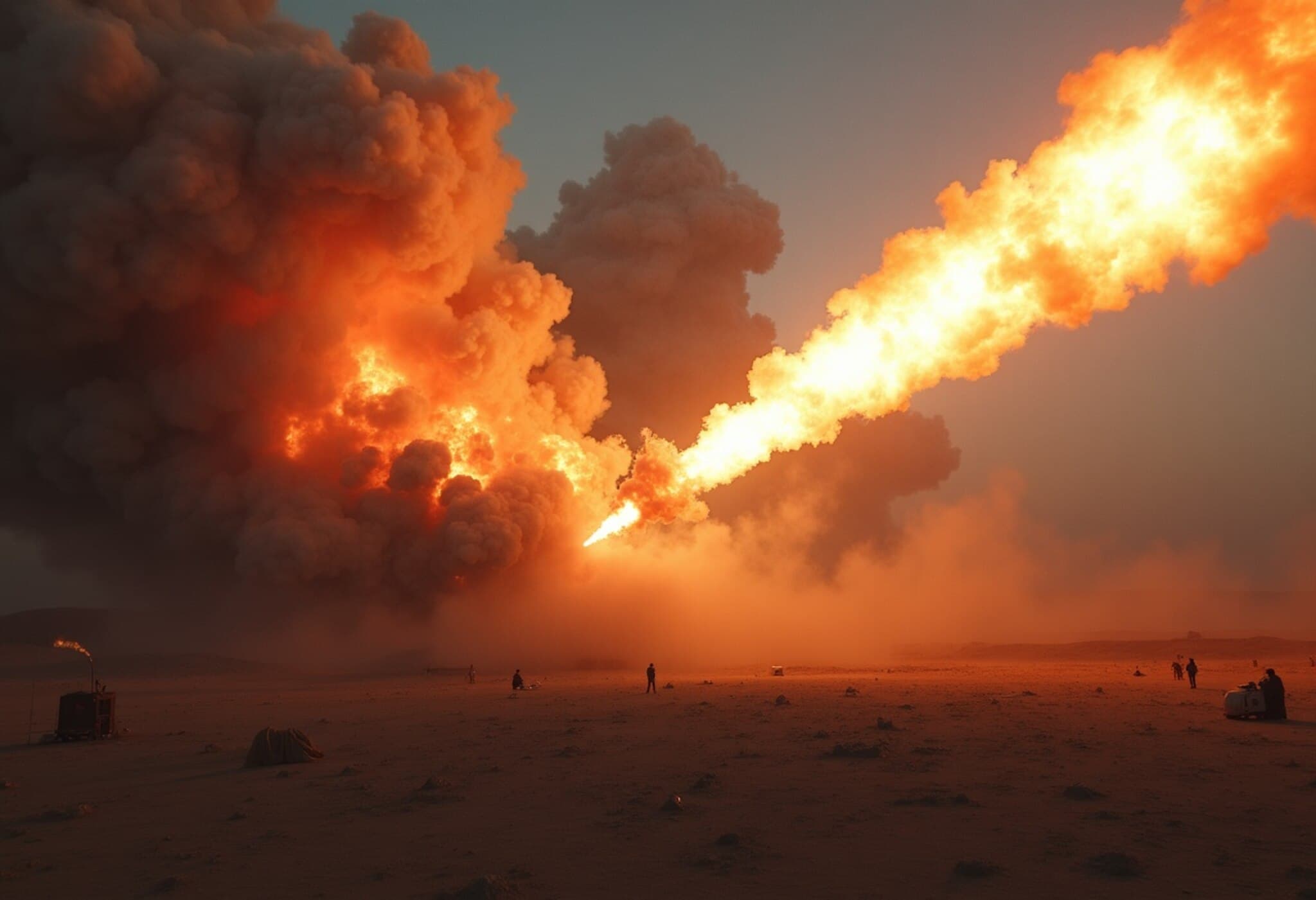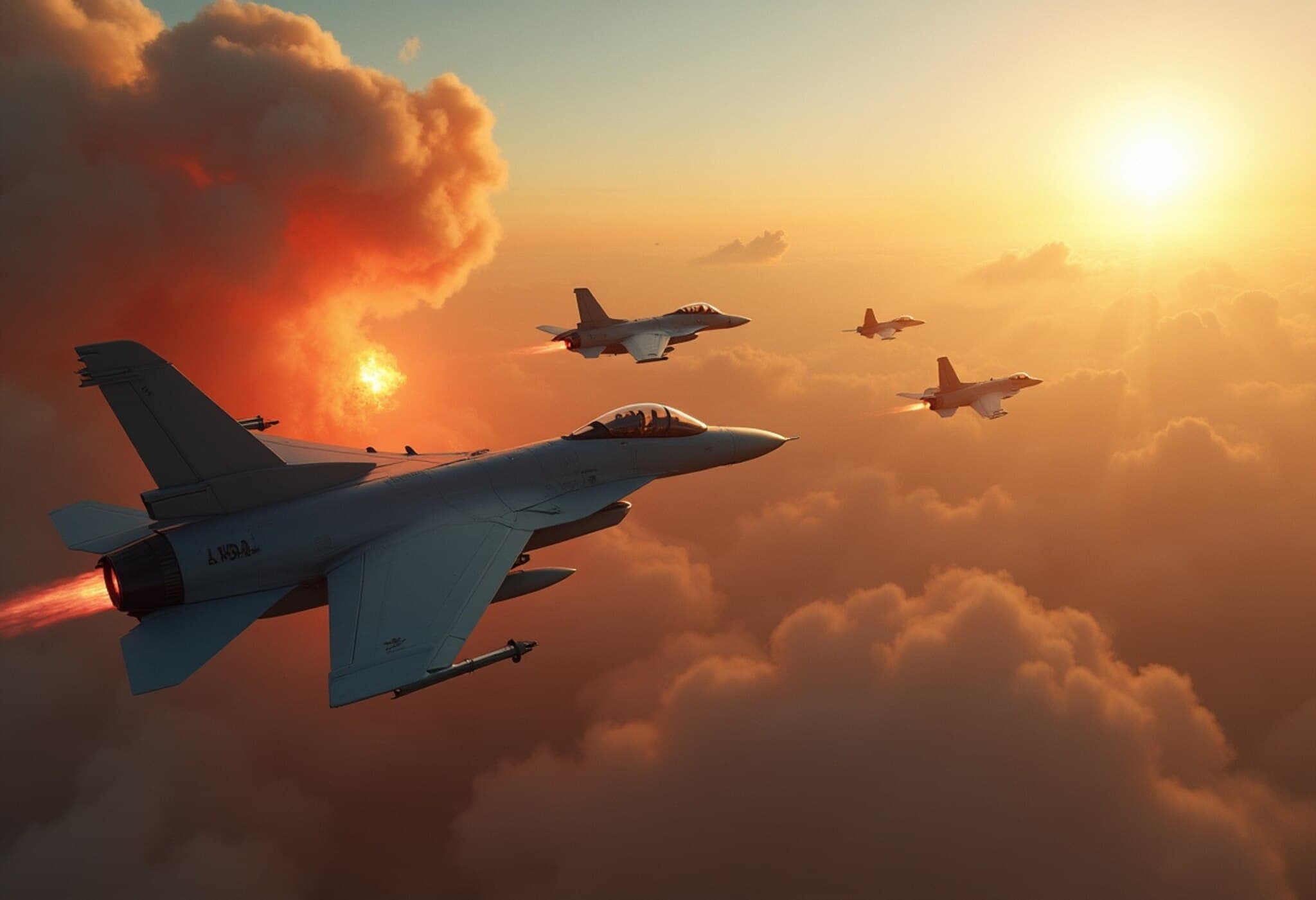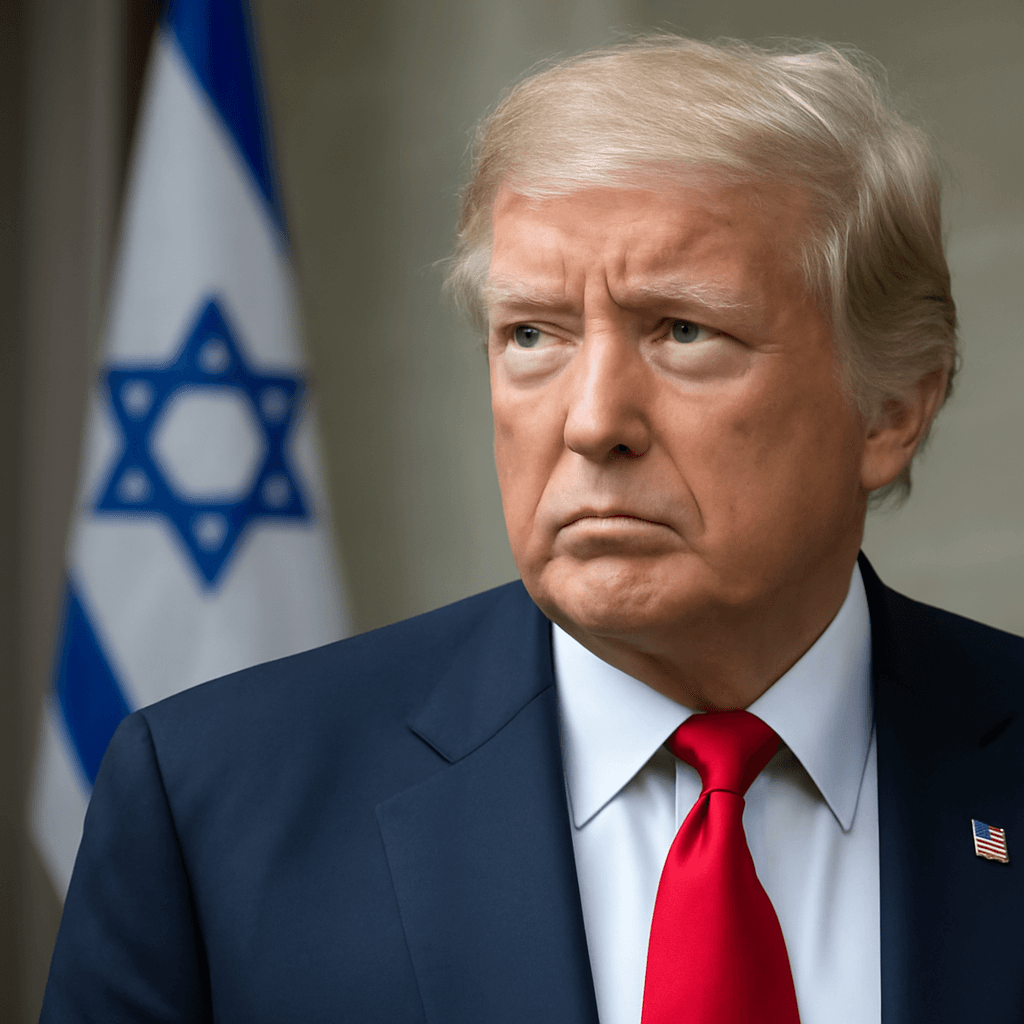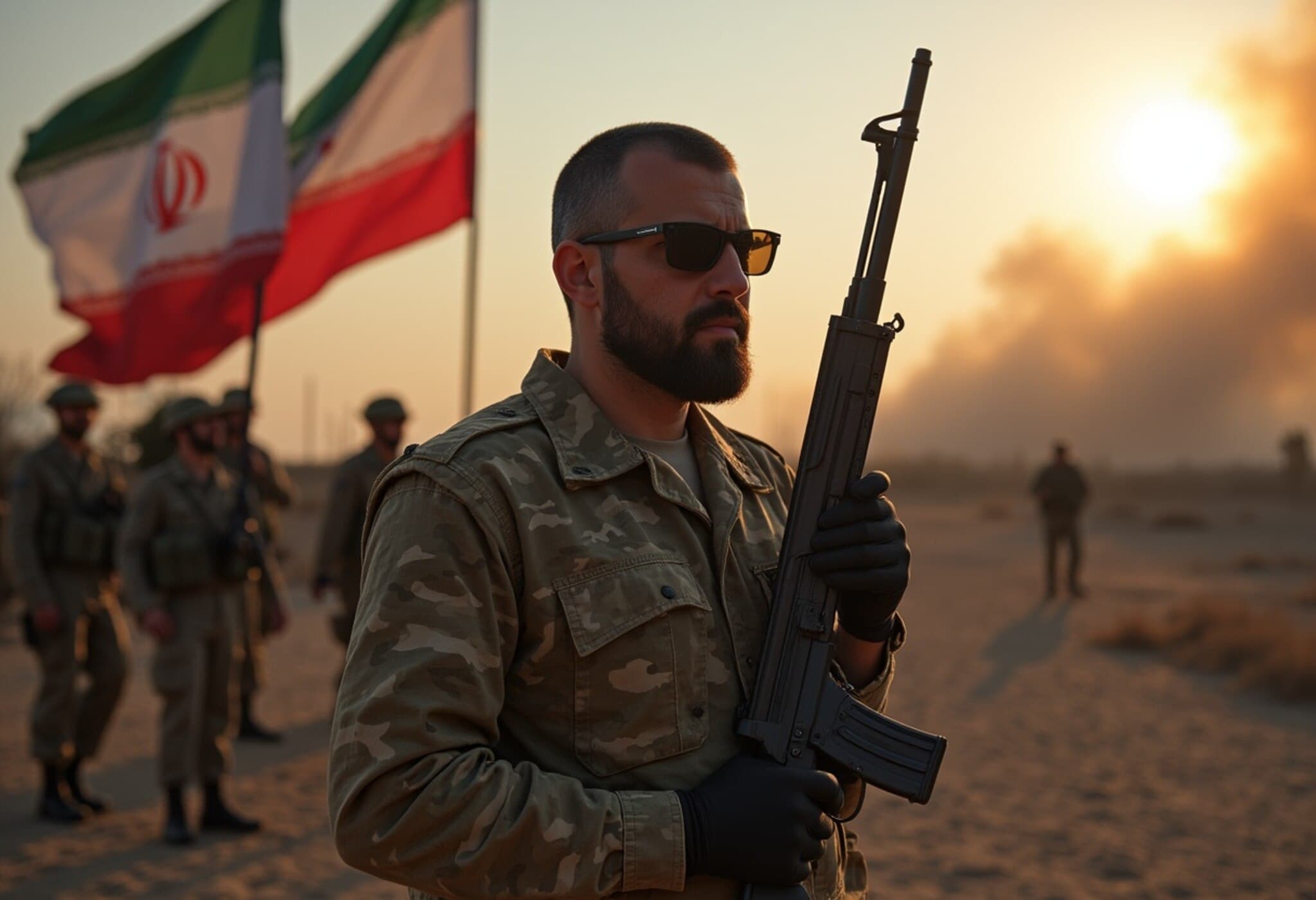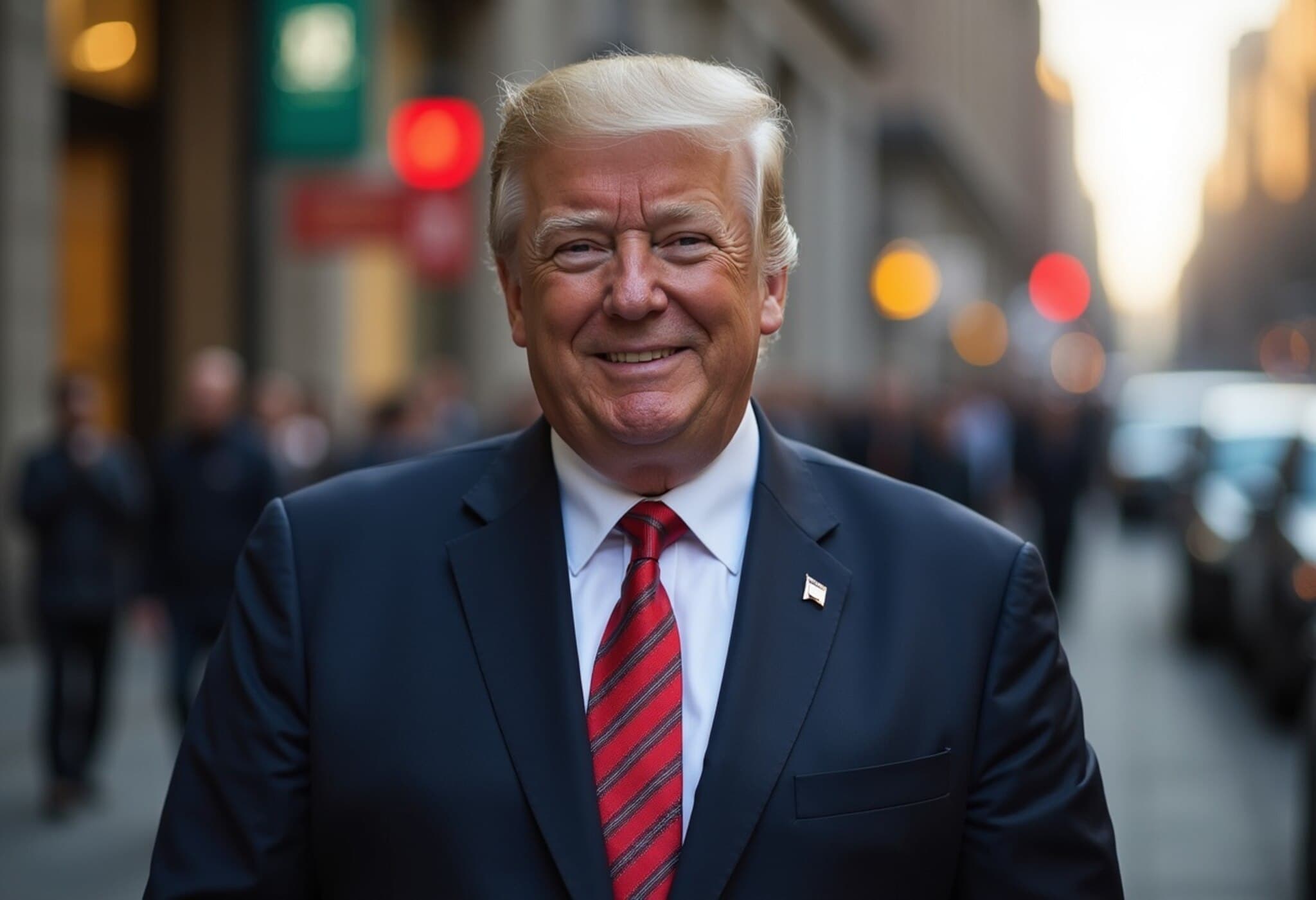US Heightens Vigilance Amid Rising Tensions Over Iran Nuclear Threat
The United States has intensified its security alert level following reports that Israel is fully prepared to strike Iranian nuclear facilities. This development comes amid stalled negotiations between Washington and Tehran and rising fears of a potential military confrontation in the Middle East.
Israel’s Readiness Sparks US Concerns
Amid growing concerns, US officials have expressed unease over the possibility that Israel might launch an attack on Iran's nuclear sites without explicit consent from Washington. The nuclear dialogue between the US and Iran has shown little progress, exacerbating tensions and fueling apprehensions about a unilateral Israeli military move.
Trump Administration’s Firm Stance on Iran’s Nuclear Ambitions
President Trump reiterated the US commitment to preventing Iran from acquiring nuclear weapons, stating emphatically, “They can’t have a nuclear weapon. Very simple, they can’t have a nuclear weapon.” His administration underscores that while diplomatic avenues remain open, the threat of military action hangs heavily amid volatile Middle East dynamics.
A Shifting Landscape in West Asia
Describing the region as “a dangerous place,” the US administration has ordered non-essential personnel to evacuate certain posts. In Iraq, a partial withdrawal from the US Embassy in Baghdad is underway, coupled with permission for military families in strategic Middle East locations to leave due to security concerns. These moves signal proactive measures to protect American lives amid unpredictability.
Escalated Risks of Retaliation
Iran has responded defiantly to the mounting pressure. Its Defense Minister warned that any attack on Iranian targets would be met with counterstrikes, including on US military bases in the region. This threat of retaliation intensifies the risk of a broader conflict, elevating stakes for all parties involved.
What Lies Ahead?
With Israel poised for possible military action and diplomatic efforts struggling to deliver results, the Middle East stands on a precarious edge. Washington's balancing act involves deterring Iran’s nuclear progress while managing an ally's aggressive posture — all against a backdrop of regional volatility intensified by the recent Israel-Hamas conflict.
As the situation evolves, global observers watch closely, aware that any misstep could trigger a significant escalation in one of the world’s most sensitive geopolitical hotspots.
Stay tuned for further updates on this developing story.

